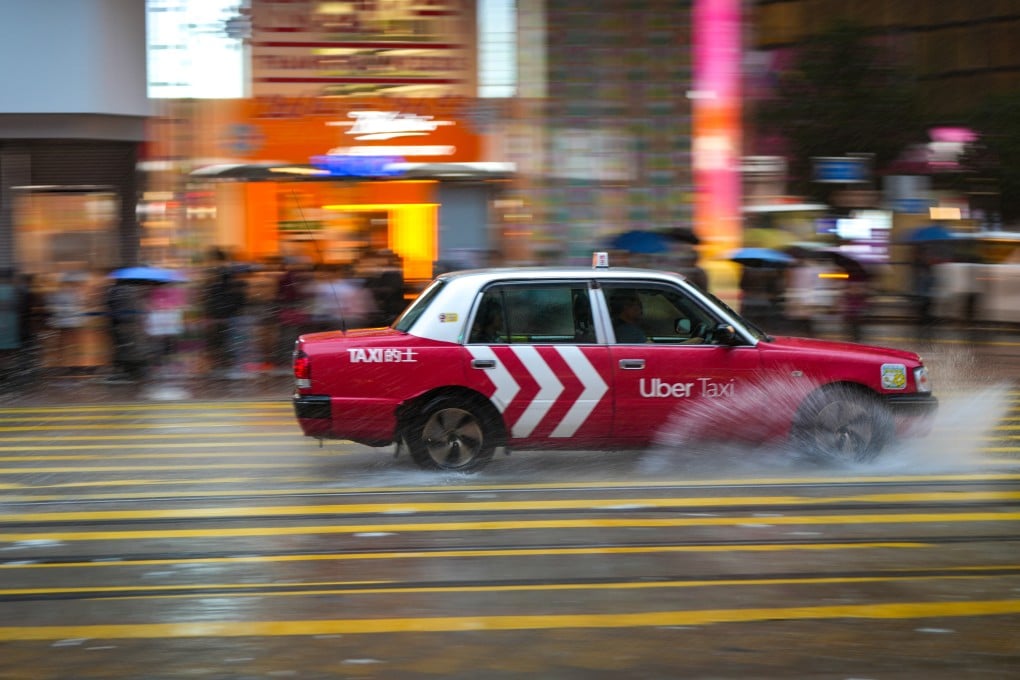Advertisement
Opinion | Uber vs taxis: Hong Kong is stuck in a transport debate from 10 years ago
- The government must start reacting to new trends, such as the challenge of robotaxis and flying cars, or risk Hong Kong falling further behind
Reading Time:3 minutes
Why you can trust SCMP
7

Chief Executive John Lee Ka-chiu led a high-level delegation to Sichuan recently to discuss the transfer of two giant pandas given to Hong Kong as part of the 27th handover anniversary celebration. He vowed to bring them to the city by National Day on October 1.
Advertisement
While it would be nice to have two new pandas to enhance the attractions of Ocean Park and bring some smiles to visitors’ faces, a more urgent trip should be arranged to Wuhan, where the deployment of driverless taxis foretells a transport future that could completely reshape Hong Kong’s taxi vs Uber discussion.
This discussion is already 10 years old. Since Uber entered Hong Kong in 2014, the government has had trouble resolving the tensions with the traditional taxi industry, due to the city’s inability to come up with a legal framework to regulate ride-hailing platforms. The result is that Uber drivers largely operate illegally.
Government inaction over the years has exacerbated the problem. The number of registered Uber drivers has increased to over 200,000 while the price of an urban taxi licence has fallen from nearly HK$7 million in 2014 to less than HK$3 million (US$384,000) today. The correlation is unmistakable.
There are over 18,000 cabs on the road with 46,000 taxi drivers. Taxi owners suffer when their licences lose value; taxi drivers complain when they lose business. Taxi drivers who own their vehicle suffer at both ends. It should come as no surprise that they took matters into their hands.
Advertisement
In May, there was a public outcry when some taxi drivers posed as passengers to catch Uber drivers in the act and report them to the police. Some Hongkongers supported the taxi drivers but others criticise traditional taxi services for lacking quality and e-payment options, arguing that ride-hailing services offer a convenient and efficient alternative. After quieting down the uproar, the government promised to release its regulatory proposal on ride-hailing services.

Advertisement
